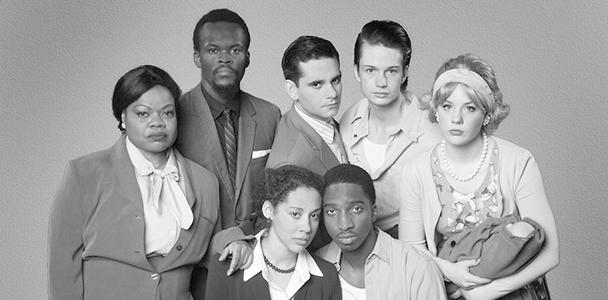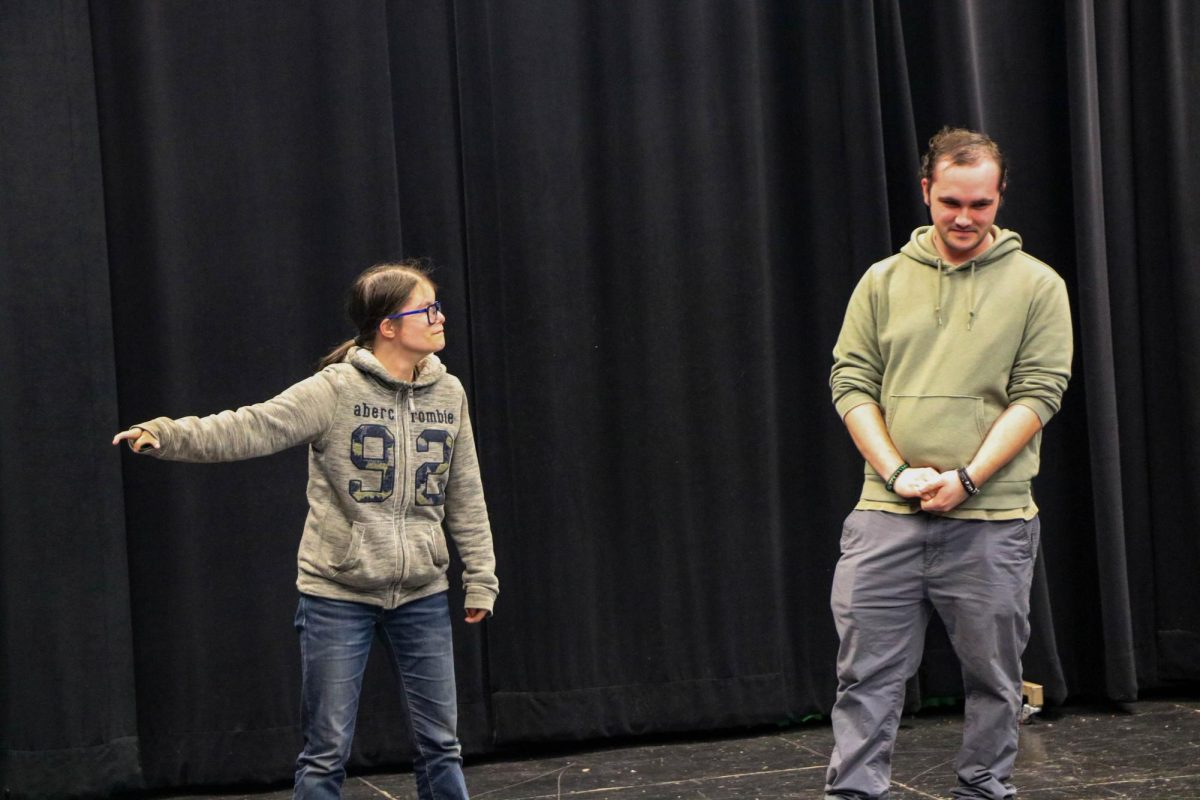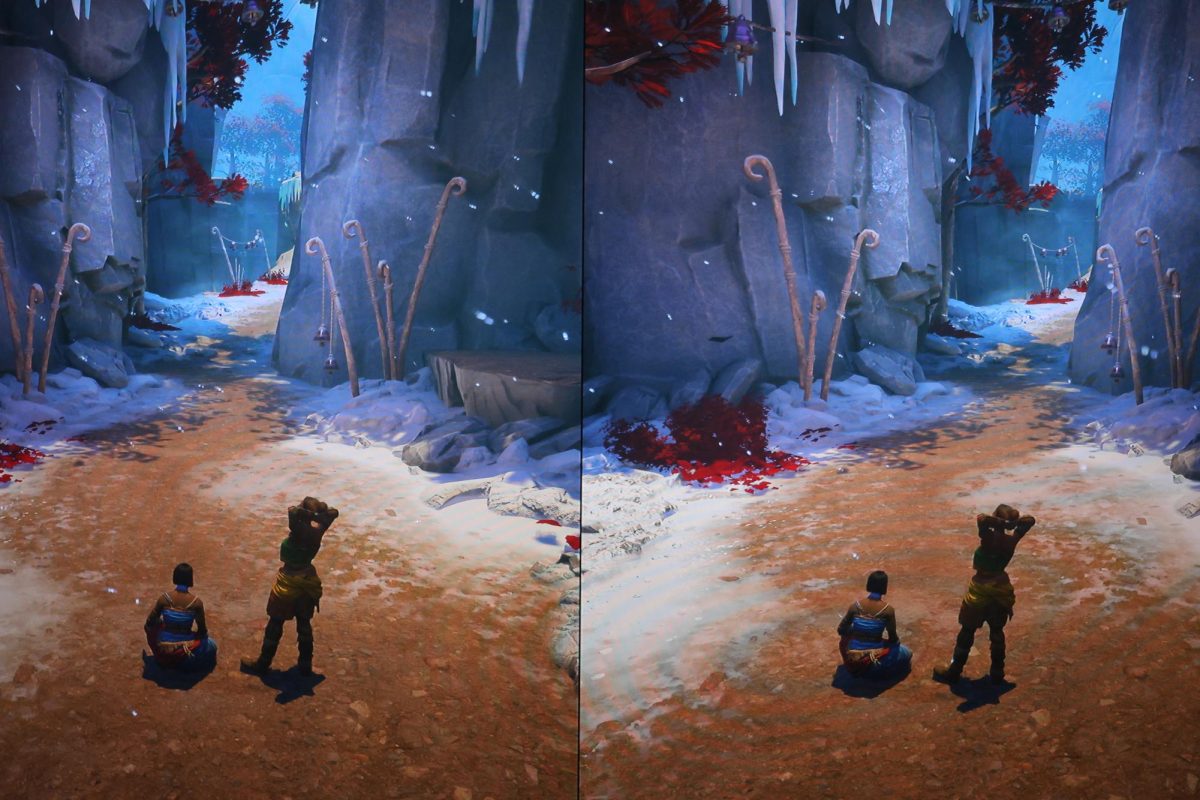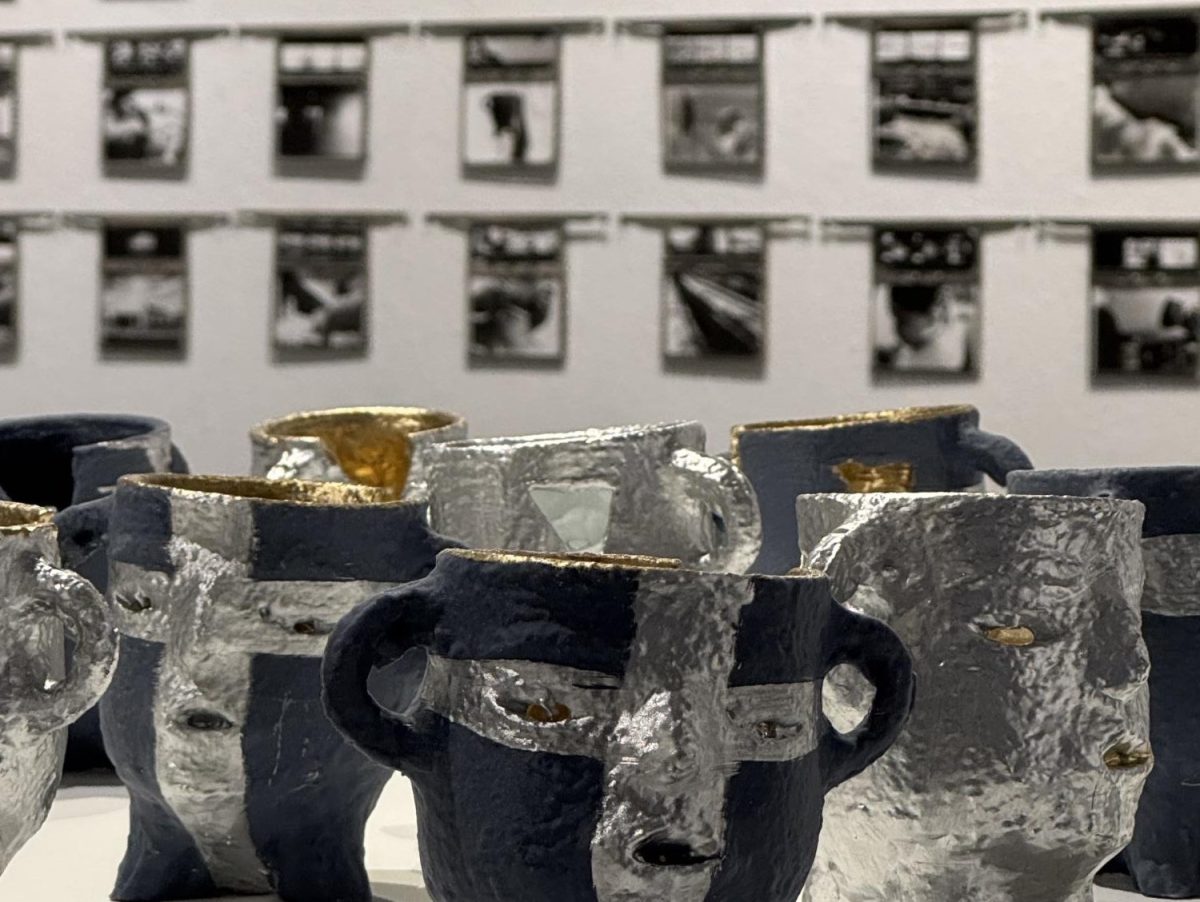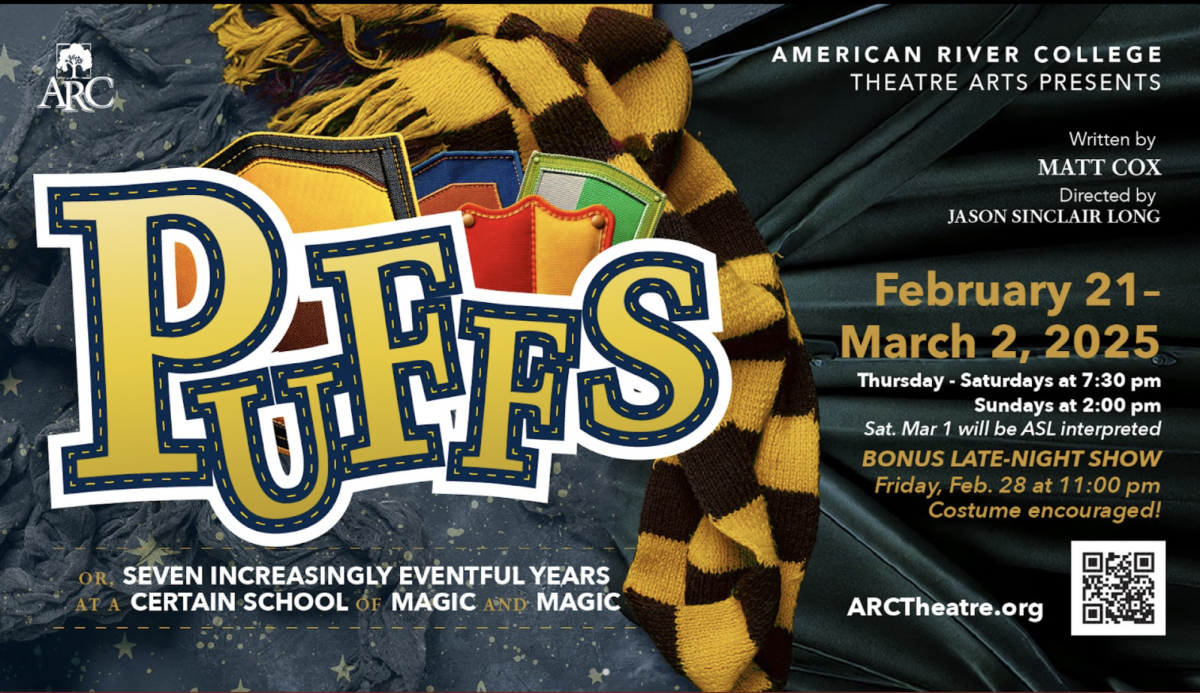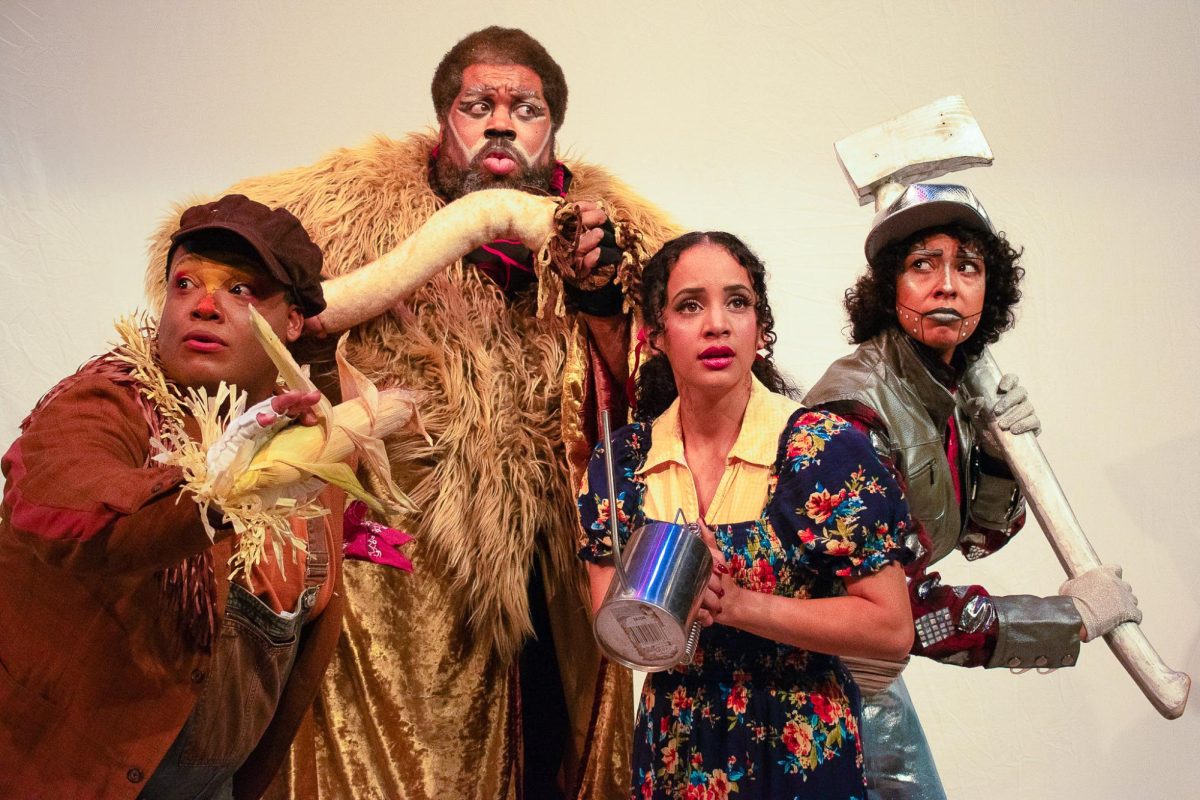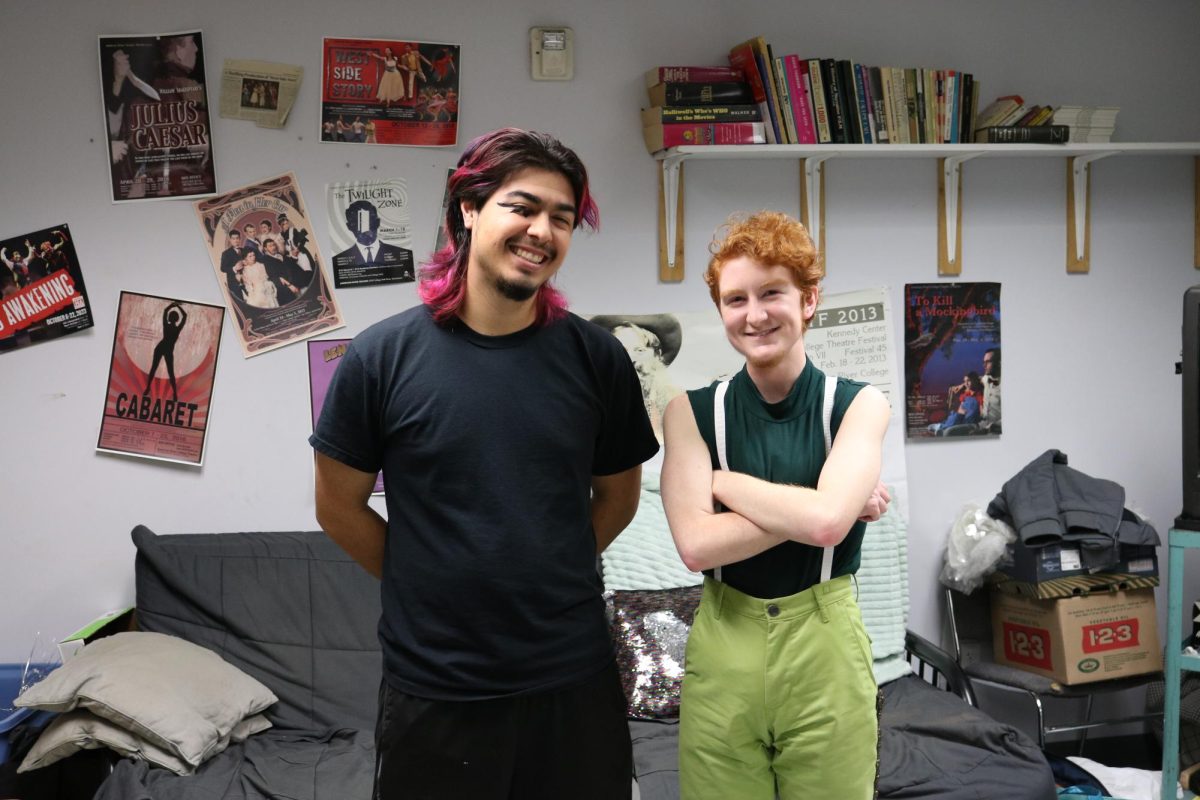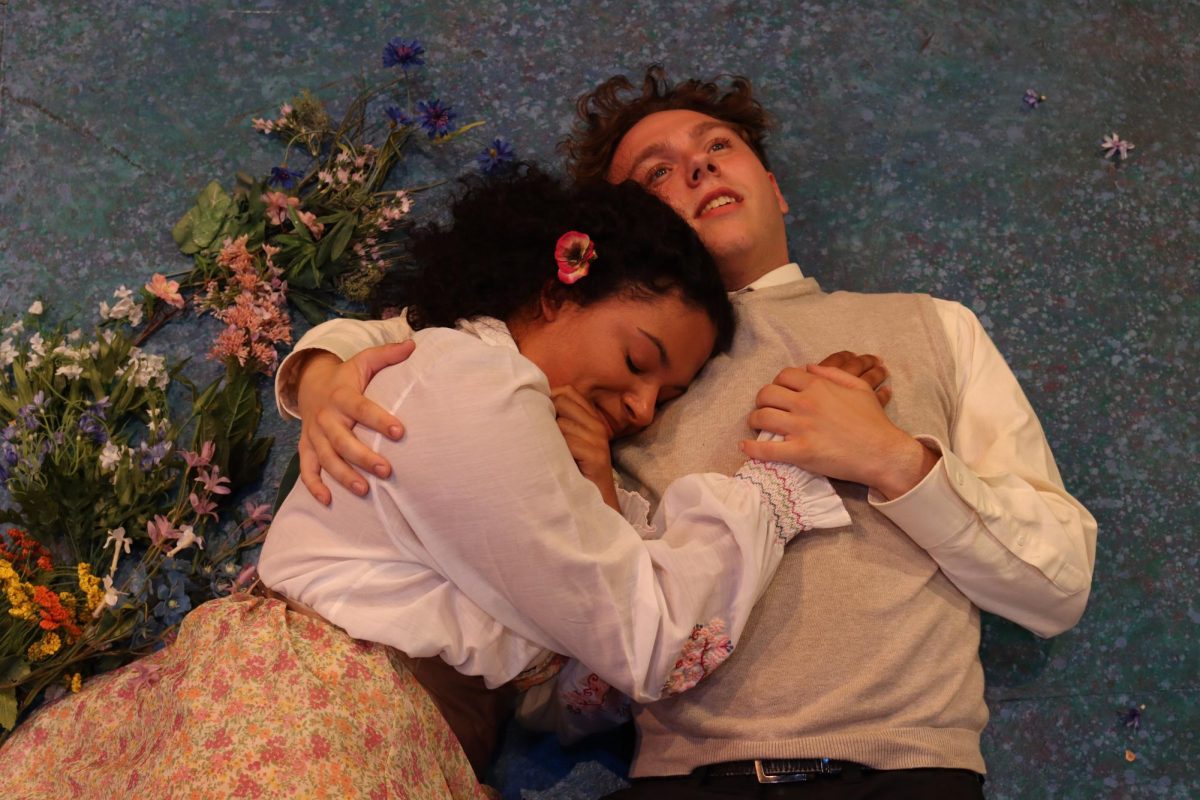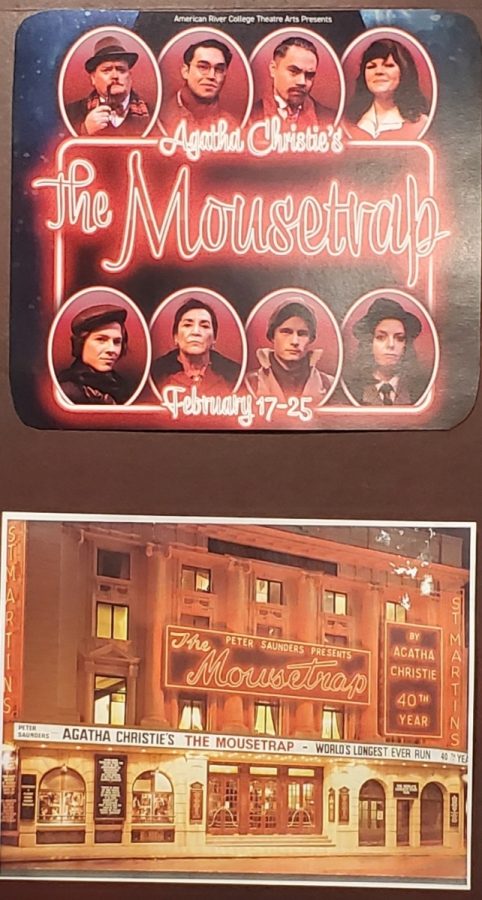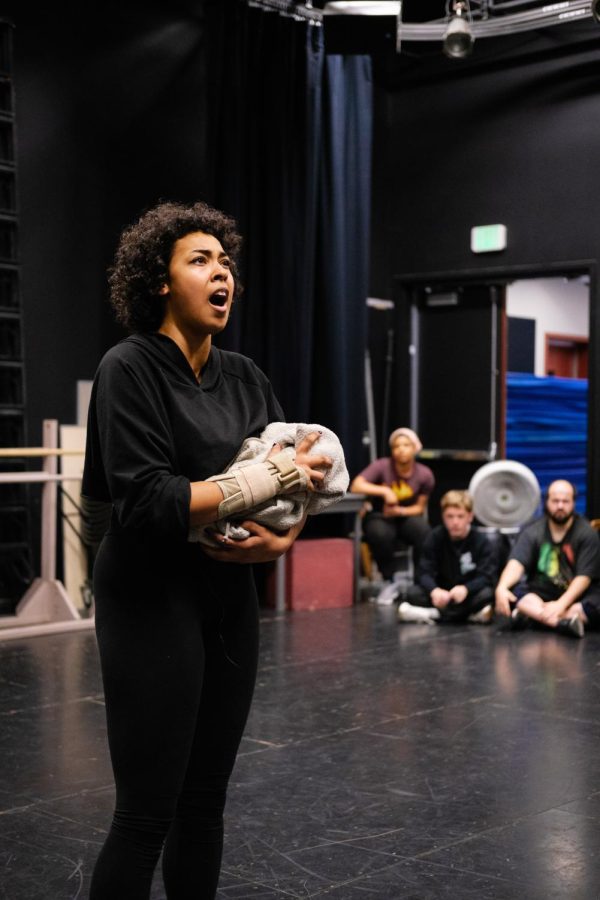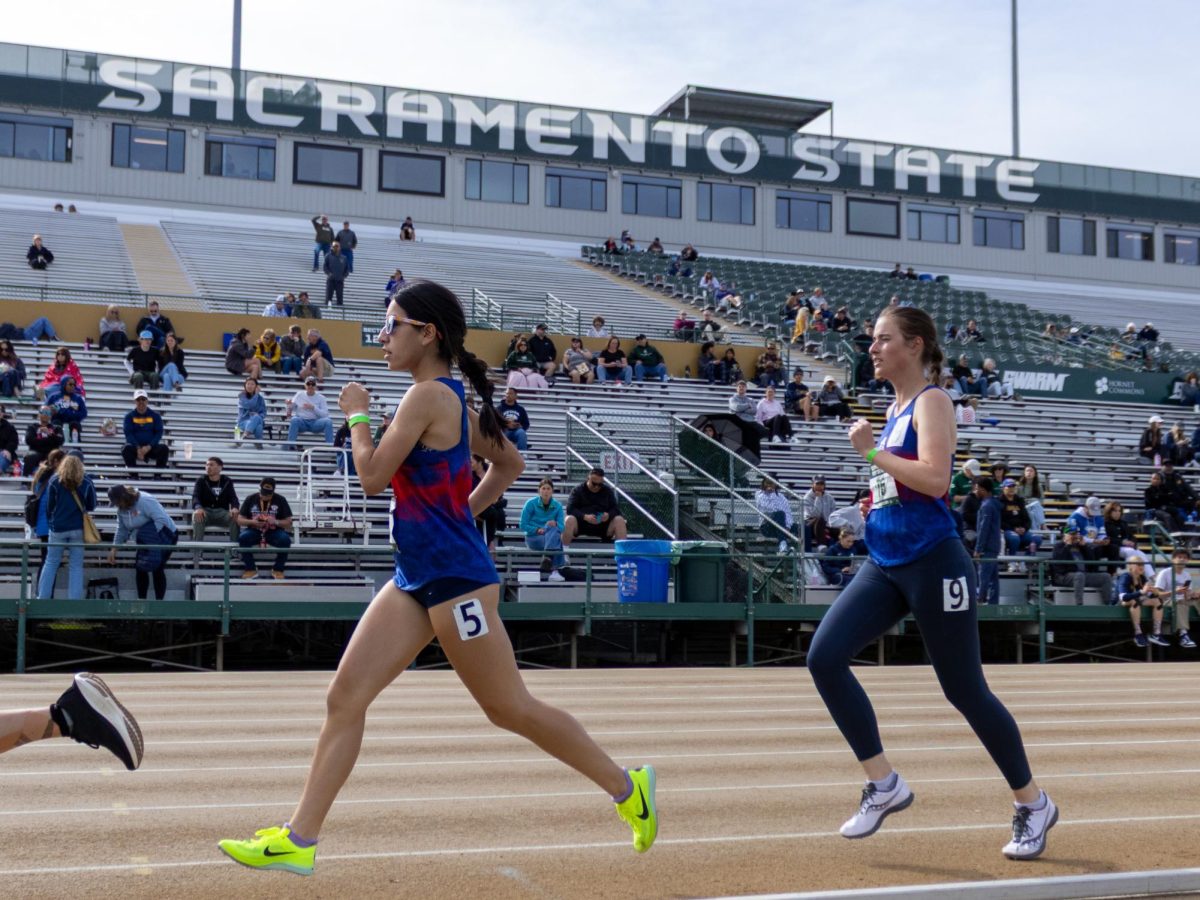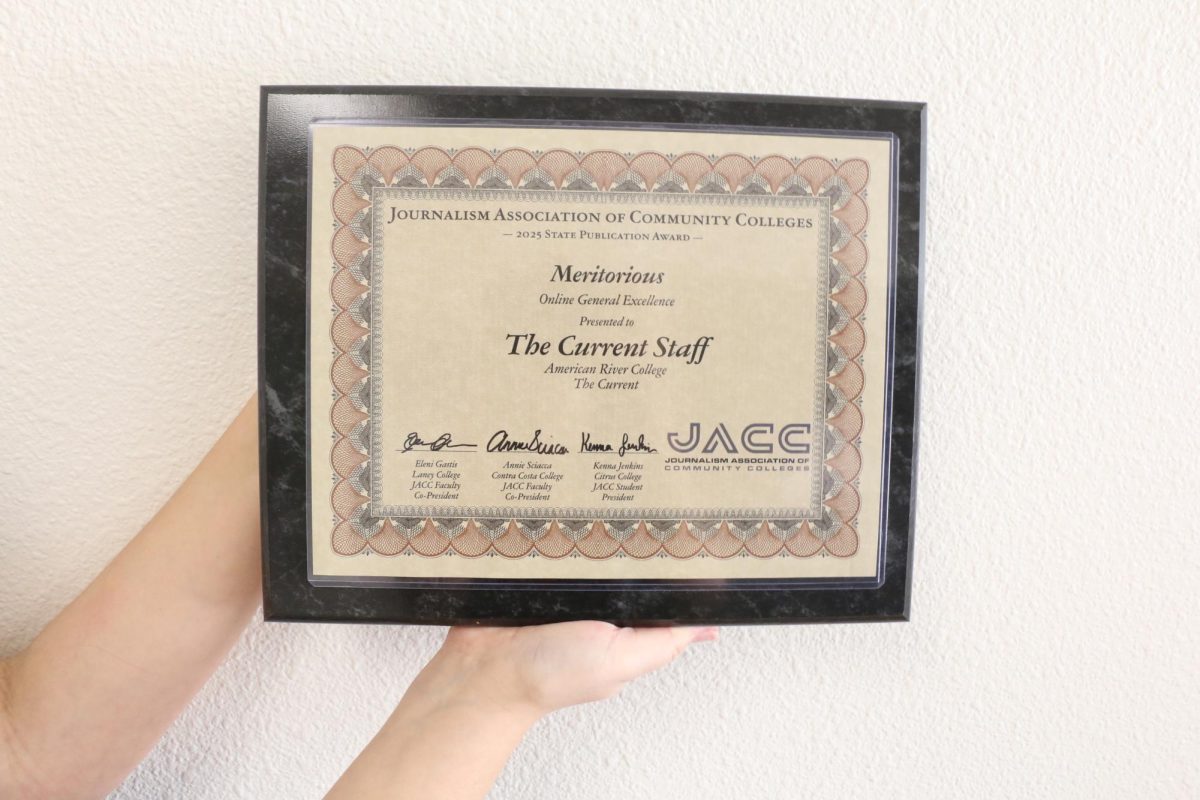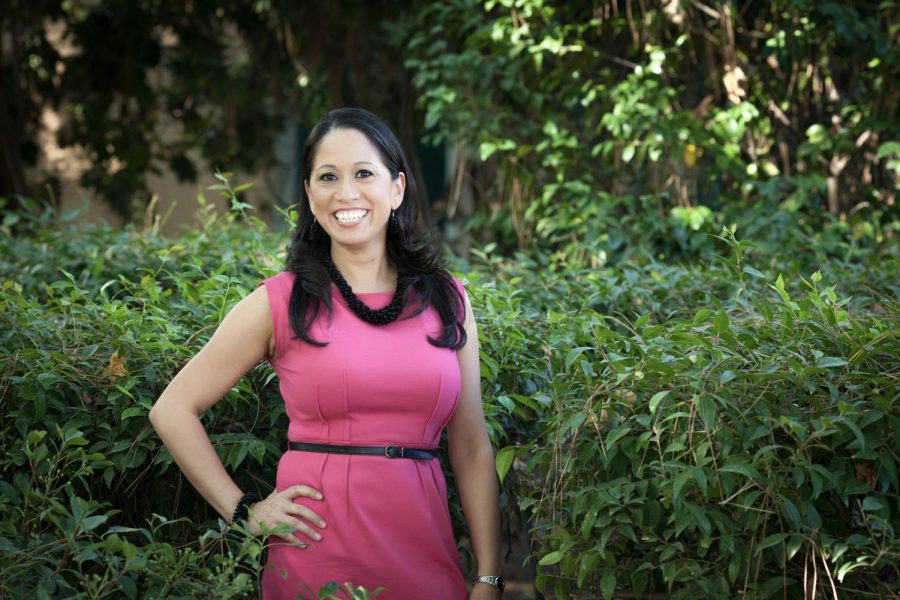On the opening night of American River College’s recent theatre production, “Blues for Mister Charlie,” the opening scene featured heavy and emotional use of the N-word with no prior warning, and director Sam Williams admitted to “dropping the ball.”
There were no warning signs or parental advisory guidelines for the play, and after intermission, about a quarter of the audience was gone, mostly parents and their children.
Audience member Juliana Nassr said, “I remember people were shocked that there were kids.”
The lead usher and theater major Xristina Potouridis said, “I had to warn parents who brought their kids there was strong language.”
Williams claims to have warned people in his opening speech, but there are a handful of people who don’t seem to recall such a warning, including Potouridis and Nassr.
From the first scene on, “Blues” is a play that tackles race in a heavy manner. Based on the murder of fourteen-year-old Emmett Till, written by James Baldwin, the play is heavy with racial content and tension.
Not everyone felt that there needed to be a warning sign and they felt that if people knew the work of playwright James Baldwin, they could have foreseen the language that was used.
Some believe that everything that was said or portrayed helped capture what it was really like for African-Americans during the civil rights movement.
Wally Hawkins, who played Joel “Papa D” Davis was born in the Civil Rights era and was alive witness to racial remarks directed to him.
“I had started singing with a singing group called the Ambers,” recalled Hawkins. “One night while they were out on tour… we were in San Antonio, Texas trying to check into a hotel and the clerk said he only had rooms for the three of you guys (pointing at the three white members) and told Hawkins to go to n***** town. One of the members Berry Tompkins told him well there are four of us … were all n****** and we’ll all leave.”
Hawkins holds the belief that this play really captures the era.
Jesse Hesan, recording and commercial major, was in the audience and agrees that everything portrayed in the show was justified.
“It’s supposed to be a racially tense play,” said Hesan. “It’s cool (the) dynamics from then to now, I like how they dove to the main point.”
Hesan also added, “Taking the language out would have made this a kid’s show … this is a college campus.”
Williams said, “I like mostly that James Baldwin tells a story of an ugly subject matter that sheds light on the oppressed.
“This story is based on the brutalities for every African-American that suffered.”


